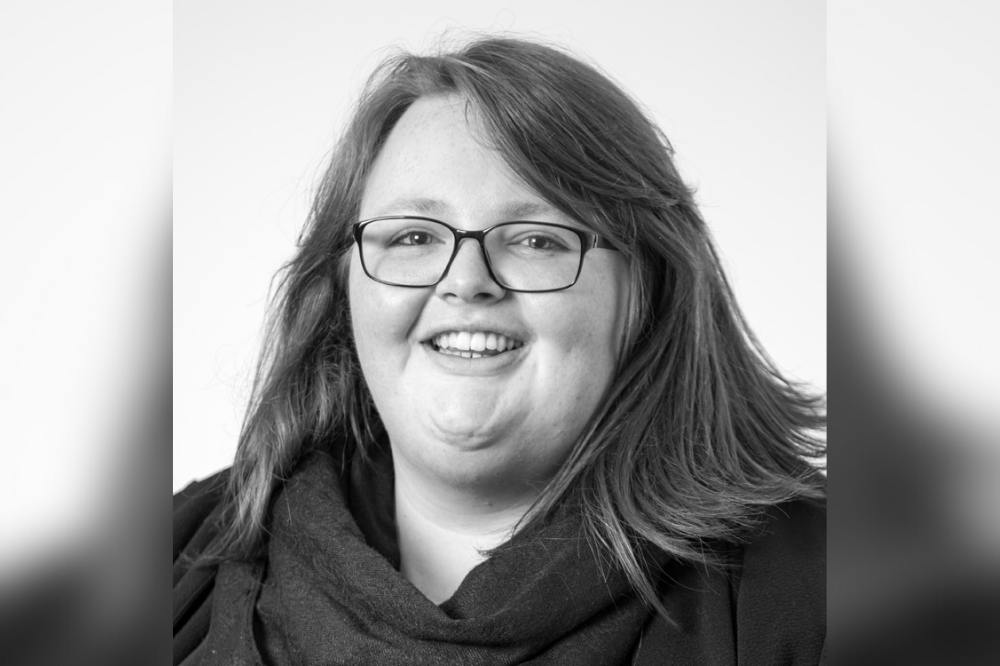![]()
Given the very close and collaborative relationship between the US and UK insurance markets, APCIA’s head of international and counsel Steve Simchak said the association was “excited” and “encouraged” by the UK government’s inquiry into the market’s global competitiveness.
APCIA’s submission to the House of Lords select committee urges the UK Prudential Regulation Authority (PRA) to rely on the group risk management systems at the corporate level of US insurers and reinsurers, rather than requiring a separate risk management plan for each UK subgroup of those organisations.
“The relationship between the US and the UK insurance markets is the closest in the world,” said Simchak. “This is an issue that affects a lot of US insurers and reinsurers – how their subsidiaries in the UK are treated relative to their parent company headquartered in the US.”
Read next: PRA’s Sam Woods: “A changing world requires a tough but flexible regulatory regime”
Specifically, the APCIA has recommended that the PRA utilise the Own Risk and Solvency Assessment (ORSA) of the group at the parent level, rather than requiring additional ORSAs for each legal entity in the UK.
The association believes that would be a more effective use of regulators’ resources, and it would reduce the burden of regulation for US companies doing business in the UK, while maintaining the strong prudential outcomes that the PRA requires.
Since 2018, there has been a bilateral “covered agreement” between the US and the UK, in which both governments recognise the appropriateness of group supervision for large international insurers and reinsurers.
Global ORSAs are developed with the oversight of global supervisory colleges, and the PRA has been an active participant in those supervisory colleges for US insurers and reinsurers with operations in the UK. This means the PRA already has access to most (if not all) of the information it requires through the global supervisory colleges.
“The covered agreement represents a high level of confidence in the group supervision that’s been done in each other’s markets,” Simchak told Insurance Business. “It indicates that the UK authorities have a high level of confidence in US group supervision, and that the US authorities have a high level of confidence in the UK group supervision. So, there’s already a foundation there to build upon, and I think that [our submission] builds on the strong commitments that the US and UK have already made to each other in the ‘covered agreement’.
“The covered agreement also requires a very comprehensive level of information sharing, and also dialogue and discussion between UK authorities and US authorities, in addition to the other bilateral dialogues that occur between US and UK authorities. So, we’ve got this great foundation of cooperation and information sharing that already exists between the US and the UK. It seems to us that this is just a natural extension of that really solid foundation that already exists between the authorities.”
Read more: ABI chair on Solvency II: “Our ambition is for sensible reforms”
APCIA’s suggestion for the PRA to rely on the group risk management systems at the corporate level rather than requiring a separate risk management plan for each UK subsidiary would not require an amendment to the covered agreement.
“What we’re recommending is not inconsistent or violative of the covered agreement,” Simchak stressed. “In fact, I think that what we’re suggesting is very much in keeping with the spirit of the covered agreement, and in keeping with that strong foundation between the US and the UK.
“We haven’t suggested that there be a formal agreement between the US and the UK to implement the use of the global ORSAs. But in response to the interest from the UK government, we think this is something that the PRA can do unilaterally, consistent with the goal of the UK government to be more competitive post-Brexit.”
The US, under the leadership of the National Association of Insurance Commissioners (NAIC), recently developed a coordinate national standard for group capital and group supervision.
The NAIC Risk Management and Own Risk and Solvency Assessment Model Act, which went into effect on January 1, 2015, allows companies to meet the US ORSA requirement with their global ORSA, as long as the global ORSA represents the same information that the US regulator would require.
“This has already been done in the US,” Simchak commented. “I‘m not sure that we need a formal bilateral agreement to bring this about – though if the PRA wanted to, certainly we wouldn’t object. I think the PRA could do this on their own.
“We believe this is a straightforward, relatively easy way to improve the competitiveness of the UK market. Our impression was that was what the select committee was going for. They’re not necessarily looking for proposals to totally overhaul the regulatory system. They’re looking for concrete, straightforward ways to improve the competitiveness of the UK insurance market, and we think this fits the bill.”
Source




















